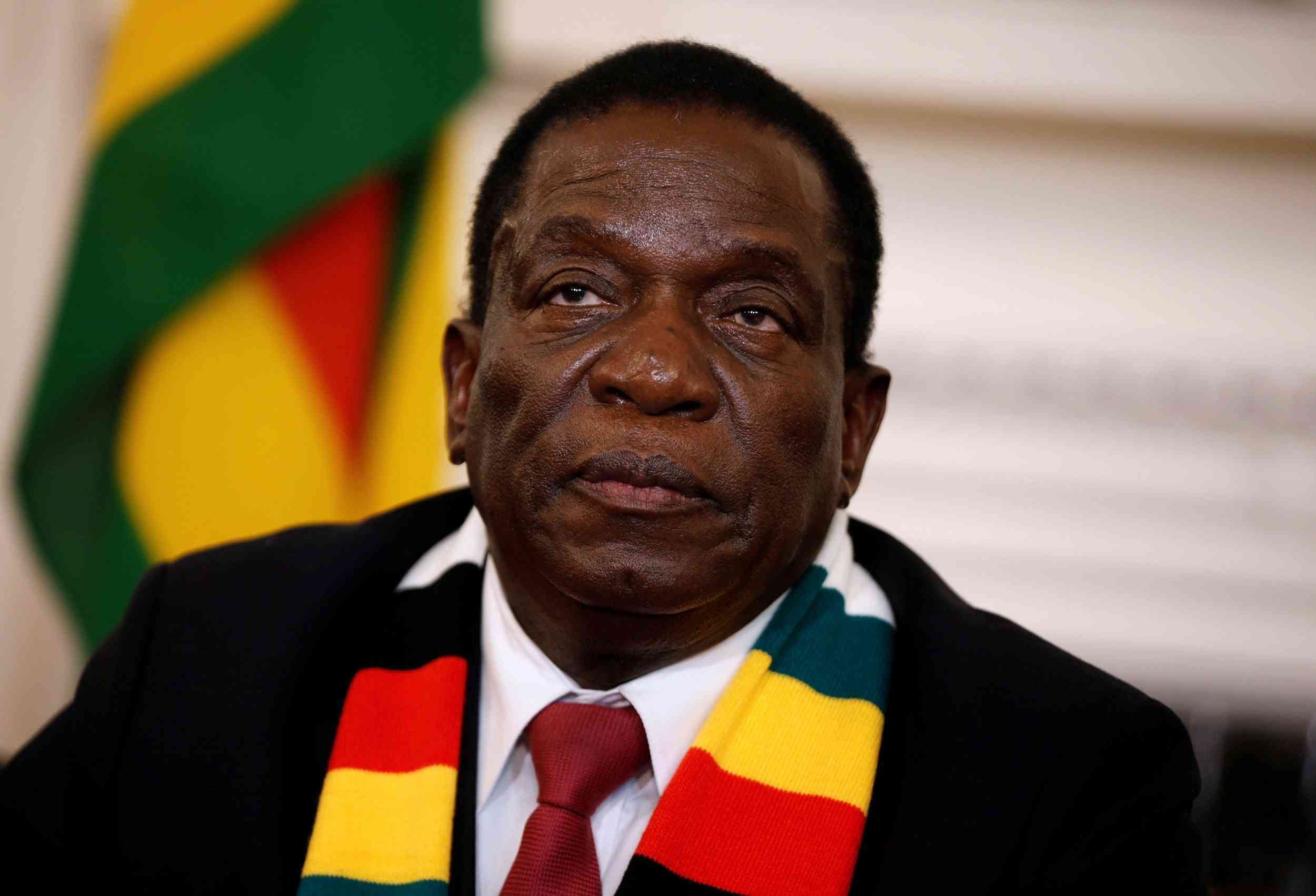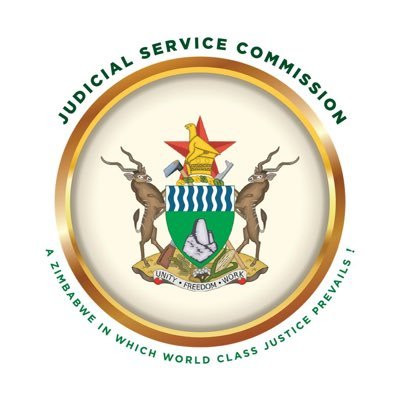Source: Zim’s Commonwealth bid in jeopardy –Newsday Zimbabwe President Emmerson Mnangagwa PRESIDENT Emmerson Mnangagwa’s bid to re-join the Commonwealth bloc could be in serious jeopardy after a grouping of lawyers within the bloc raised questions over the country’s deteriorating human rights situation. This came as Mnangagwa yesterday insisted that the participation of European nations, the […]
Source: Zim’s Commonwealth bid in jeopardy –Newsday Zimbabwe

President Emmerson Mnangagwa
PRESIDENT Emmerson Mnangagwa’s bid to re-join the Commonwealth bloc could be in serious jeopardy after a grouping of lawyers within the bloc raised questions over the country’s deteriorating human rights situation.
This came as Mnangagwa yesterday insisted that the participation of European nations, the United States of America and the United Kingdom at this year’s Zimbabwe International Trade Fair (ZITF) is an indication that his re-engagement drive is bearing fruit.
“The Americans are here, the British are here, the EU is here. What else would we want? Everybody is here. So this engagement and re-engagement policy is bearing fruit. Perhaps, they heard that the Majesty is coming. That’s why they are here,” Mnangagwa told journalists after touring exhibition stands at the ZITF which ends today.
In a statement, the Commonwealth Lawyers Association (CLA) raised concern over the Private Voluntary Organisations (PVOs) Amendment saying it was inconsistent with democratic principles.
CLA is an international non-profit organisation, which promotes the rule of law among Commonwealth member States.
The controversial Bill has since sailed through Parliament.
“For democracy to flourish, informed and tolerant debate is essential. Contrary views must be respected.
“Some events have occurred in Zimbabwe which causes concern to the CLA
“The Private Voluntary Organisations (PVOs) Amendment Bill, which has passed Parliament has attracted much comment,” the CLA said on Wednesday.
“The CLA considers the PVOs Bill to be inconsistent with the Constitution of Zimbabwe, stifling freedom of association and freedom of expression.
“The intrusive powers contained within the PVOs Bill will inhibit and curtail legitimate activities of civic society operating through private voluntary organisations, putting at risk the valuable social and economic contributions of such organisations.
“CLA encourages and supports initiatives, which allow the people of Zimbabwe to work together and unite to improve their personal circumstances, healthcare, and economic advancement through organisations in civic society and urges reconsideration of the PVOs legislation.”
When asked if it was possible for the government to consider calls by CLA to reconsider the PVOs Amendment Bill, Justice minister Ziyambi Ziyambi said, “No.”
Public Service ministry secretary Simon Masanga said: “It’s beyond me.”
Mnangagwa’s government applied to rejoin the Commonwealth on May 15, 2018.
The late former President Robert Mugabe quit the Commonwealth in 2003 after the grouping sought to extend sanctions against the country over human rights violations.
Last year, the Commonwealth snubbed Zimbabwe, but admitted two former French colonies, Gabon and Togo.
The controversial Bill has also been criticised by the United Nations and the United States.
The Bill will have the effect of criminalising the work of civil society organisations by proposing harsh penalties, including jail time of up to one year.

